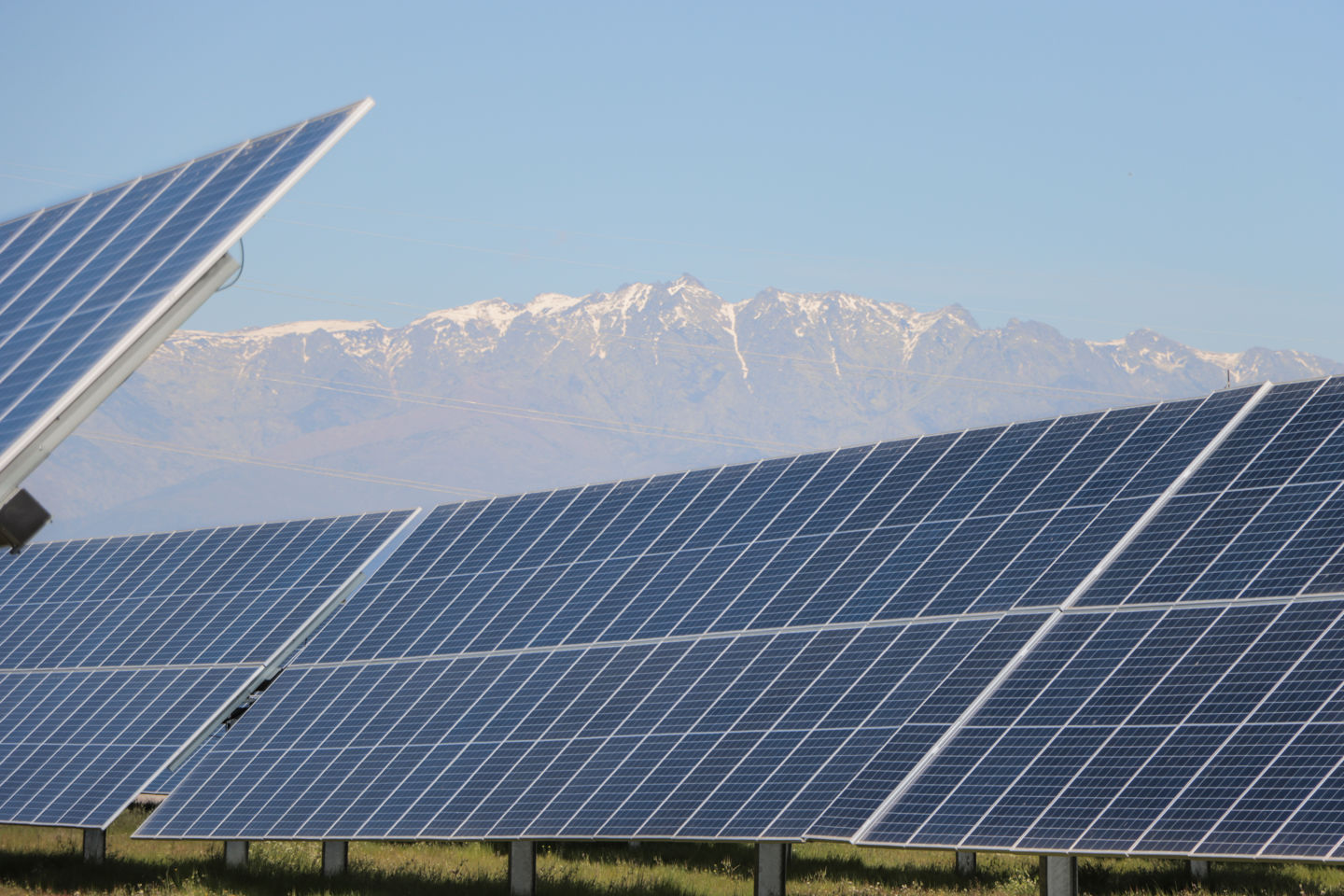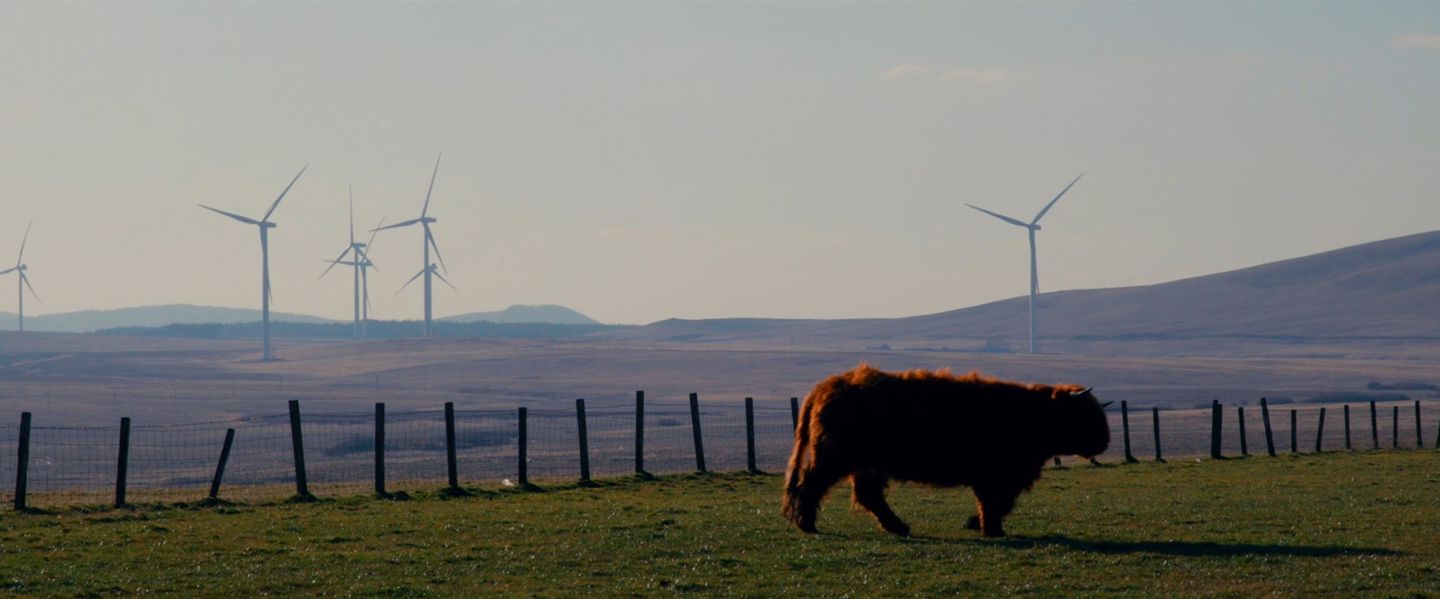These actions could decarbonise the EU by 2050
Continued cost-competitiveness will accelerate the growth of solar and wind power towards 2050 according to Statkraft’s annual Green Transition Scenarios report. The report confirms that it is more affordable to transition than to continue with an energy system with emissions. Here, the analysts share the additional actions needed for EU to decarbonise.
The energy transition can’t be stopped, but it may delayed compared to what is required to reach the Paris goals. Even in a delayed case, however, the transition holds large benefits for society compared to the status quo.
Therein lies the essence of Statkraft’s annual Green Transition Scenarios 2024, a report projecting the actions necessary to decarbonise the EU and the world by 2050

The EU in focus
This year, now in its 9th edition, the report takes a special look at the EU’s energy future.
“Cost competitiveness continues to drive the shift away from fossil fuels to renewable energy”, says Statkraft’s Head of Global Energy Drivers, Torjus Bolkesjø.
“Our report projects a continued acceleration of renewable development across all scenarios.”
“In the scenario with an accelerated transition (referred to as the Green Transition Scenario in our report), for example, power generation from solar and wind alone grow by eight and five times respectively”, he adds.
An EU energy action list
The EU is a global front-runner in climate action. To date, the region’s greenhouse gas emissions have decreased by one-third compared to 1990 levels (2022), while the economy has grown by approximately two-thirds in the same period. Still, a significant to-do list remains to reach the region’s 2050 targets.

“The energy transition in Europe won’t stop, but its pace may vary”, explains analyst and lead author of the report, Mari Gross Viddal. “Our analysis finds that the difference in speed lies in some specific actions.”
Below, we have highlighted four of those actions.
The full list can be found in the EU section of the report.




As the report projects, the continued decline of fossil fuels in the coming decades is a certainty. So too is their replacement by renewable technologies. This represents a win-win-win transition for the region, as Bolkesjø explains. "Developing a renewable dominated energy system is the fastest and cheapest way to a resilient, affordable and climate friendly European energy system."
That would be good news for Europe, and good news for Europeans.
| Click here to access the full Green Transition Scenarios 2024 and to read more about the report's projections for the European energy system towards 2050. |  |